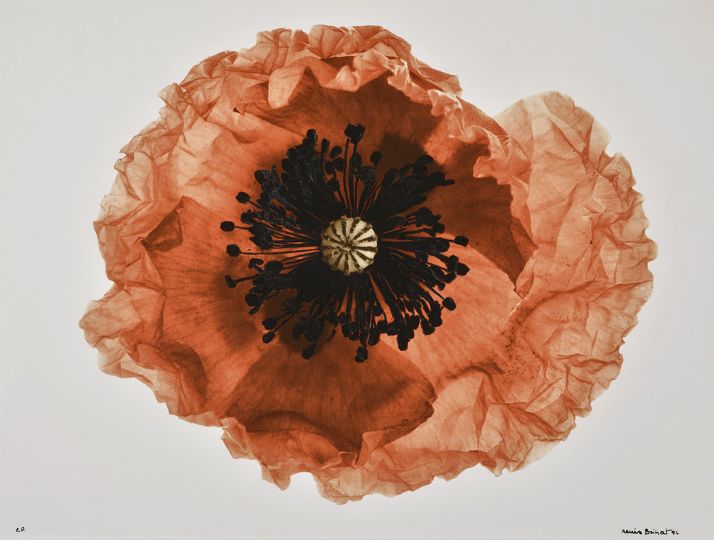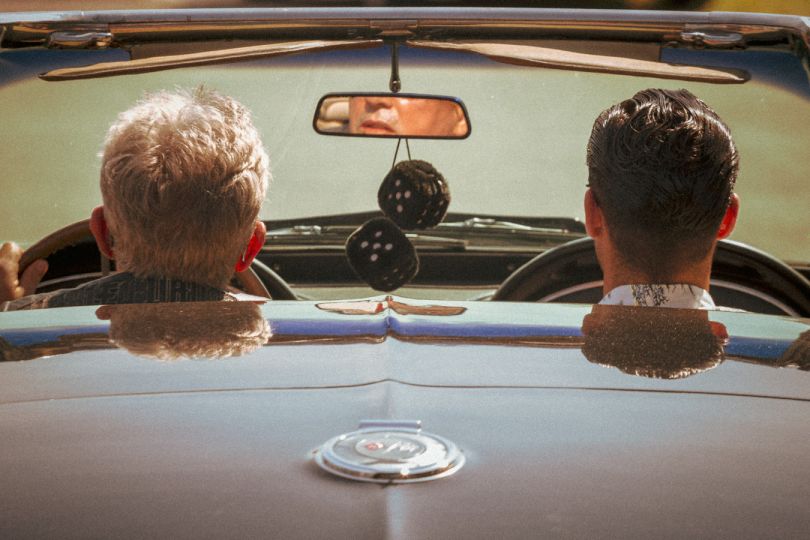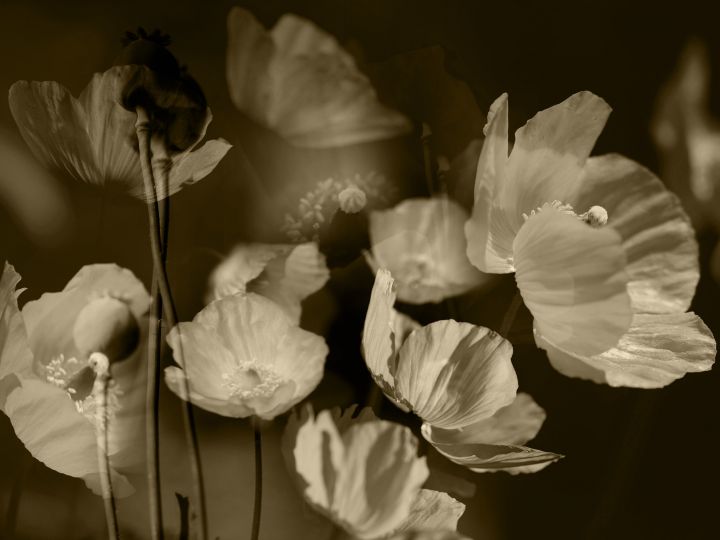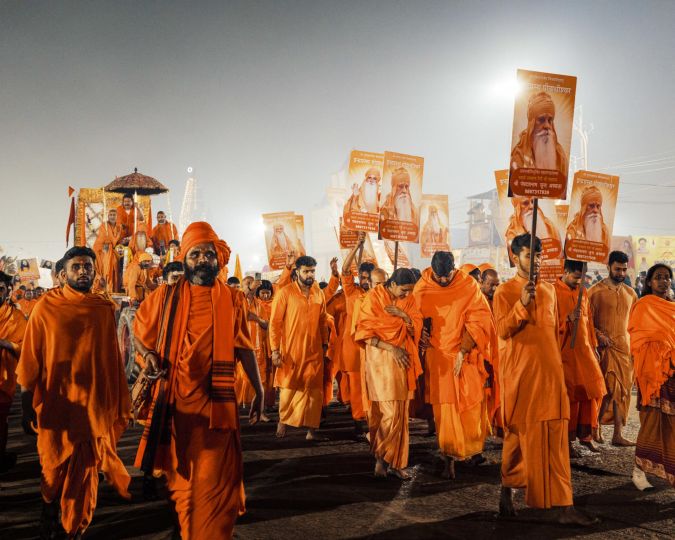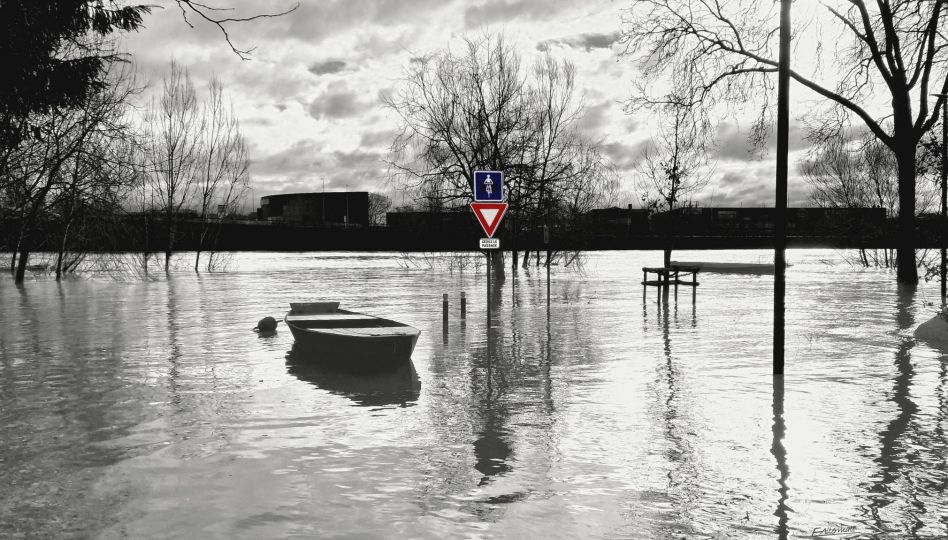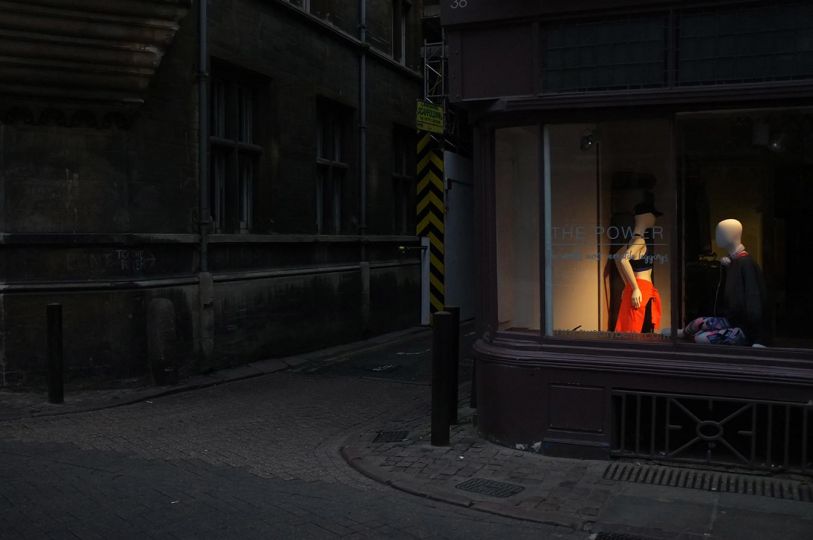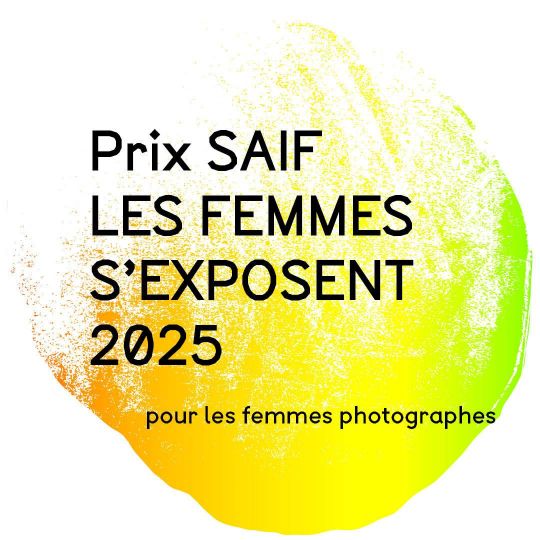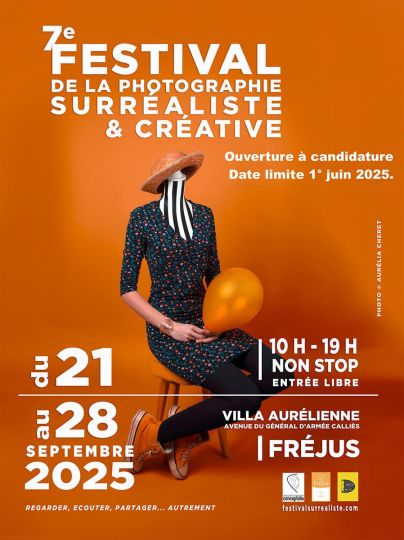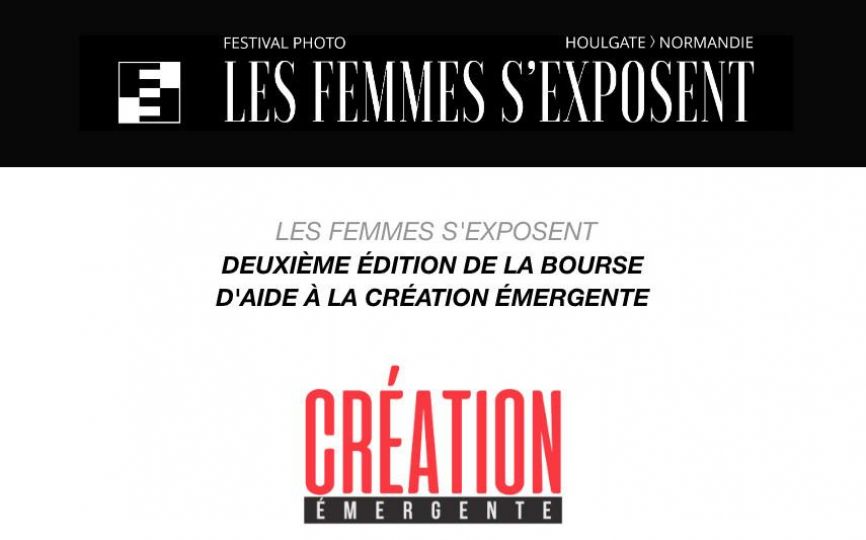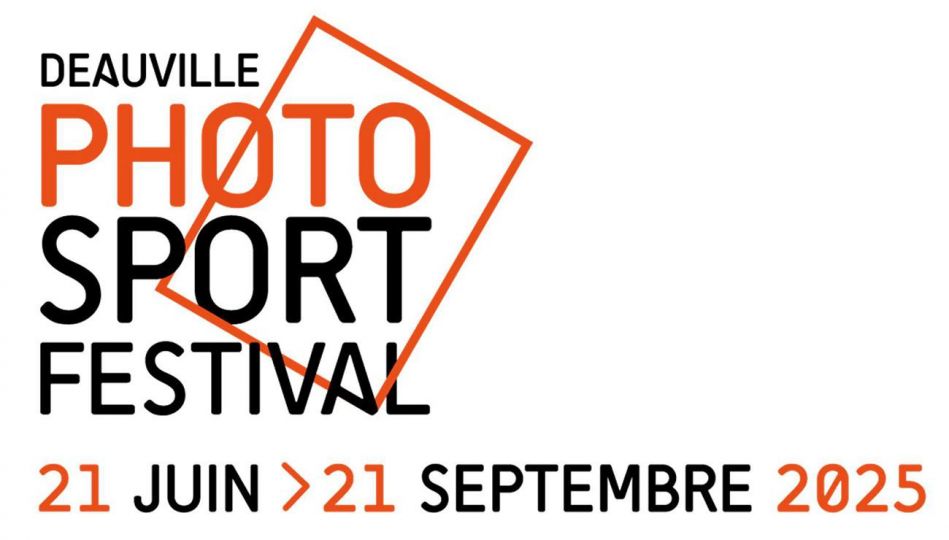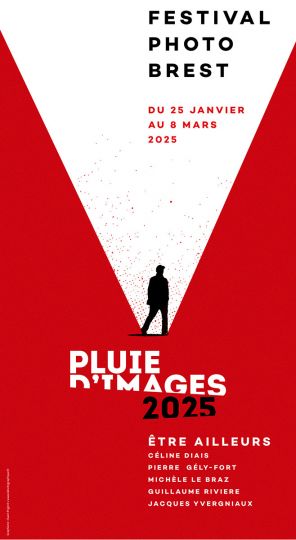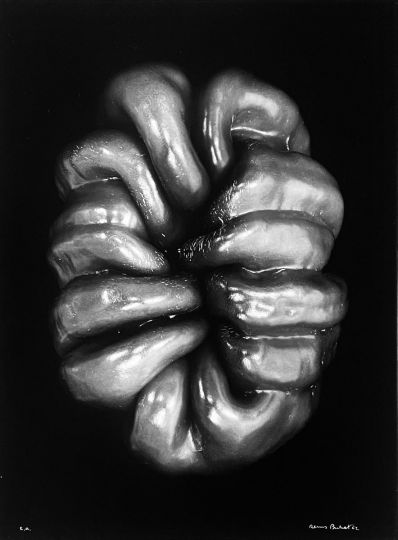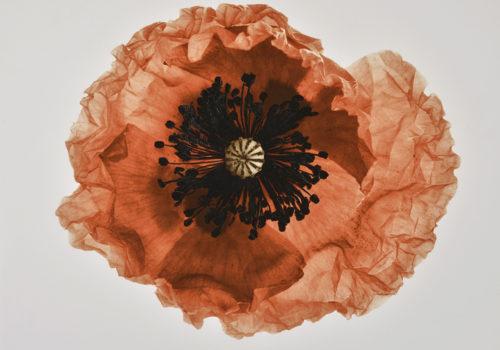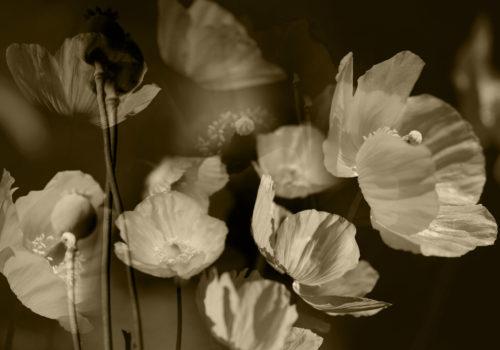“They say that music music soothes the soul.” Guillaume Chamahian finishes his text on the series Bosnia. This is probably a nod to a past life.
“I stopped school rather young. When I was 18 someone gave me a camera. I started taking pictures and did a little writing and painting. I enrolled in the Beaux-Arts de Marseille but found it too academic. I stayed for six months and left for London. In 1995, I discovered the underground, techno and Spiral Tribe, and spent two years spinning records. In 1997 I came back to France. The ‘free parties’ were in full swing, and I hung out in Marseille with Metek, Okupe and the Sound Conspiracy. I’m what they call a traveler. I spent four years on the road with my mobile soundsystem. Then they passed the ‘Mariani Amendment’. At the end of one party, the police seized three of our buses, 20 kilos of sound equipment and all our stuff. We never saw it again.”
“One of my biggest regrets is to have not taken pictures in those years. At the time, the concept of documentary photography didn’t appeal to me. From 2001 to 2007, I went to South America and photographed everything around me. It was a very nocturnal vision. Then I traveled through Asia and lived in East Africa.”
“In 2007, I came back to Paris and decided to devote myself to photography. It’s the medium that suited me the best. I had always felt like I had to go anywhere and everywhere. China Urbunatomy is my first series. I shot it over the course of four months in China in 2008. I concentrated on newer cities. The population in China is becoming increasingly urban, with 400 million peasants expected to move to major cities. I passed through no man’s lands, cities that had been built but remain uninhabited. Ghost towns.”
Read the full text of this article by Wilfrid Estève on the French version of Le Journal.

